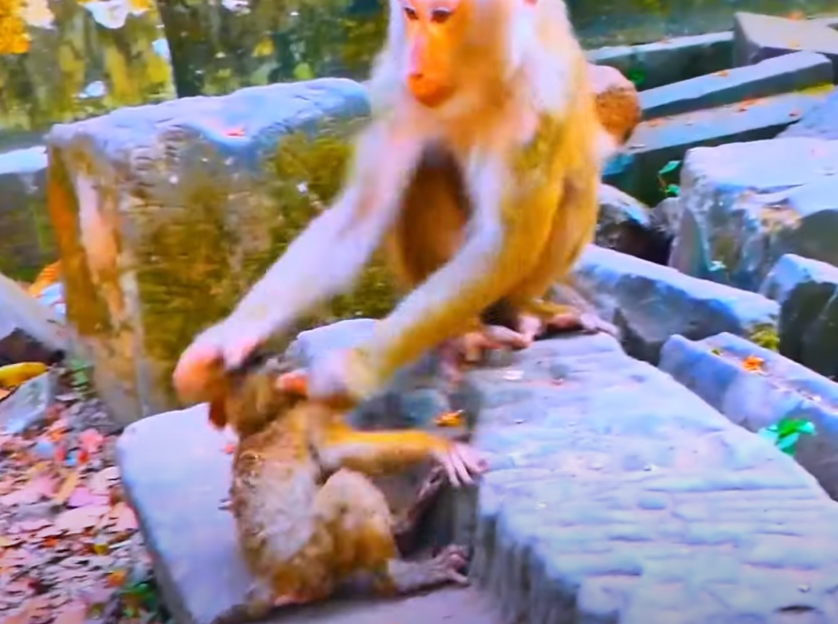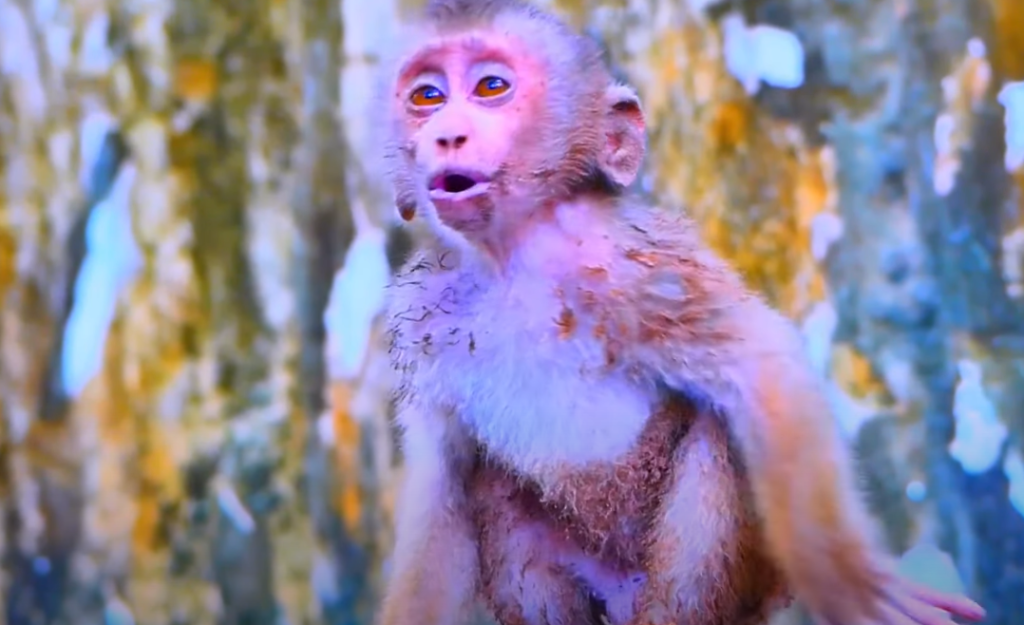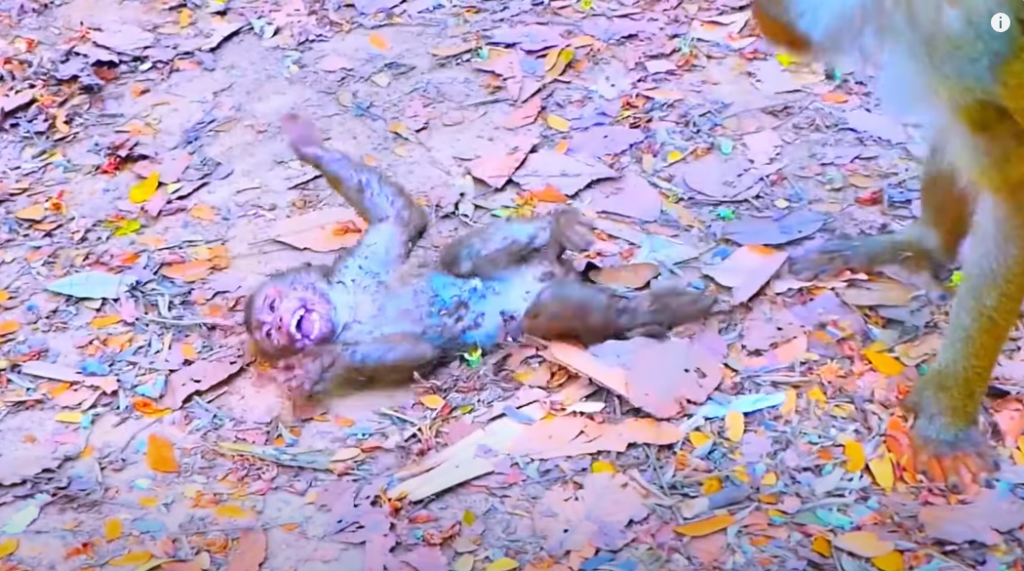The early life of a baby monkey is crucial for its development, heavily relying on maternal care for nourishment, protection, and social learning. In instances where a mother neglects her infant, the young monkey faces significant challenges that can impede its physical and psychological growth.

Maternal neglect in primates can stem from various factors, including the mother’s inexperience, stress, or environmental disruptions. Without the essential care and nurturing, the infant may struggle with feeding, leading to malnutrition and weakened immunity. Additionally, the lack of maternal affection and social interaction can result in behavioral issues, such as increased anxiety, impaired social skills, and difficulties in forming bonds with others.

Research by psychologist Harry Harlow in the mid-20th century highlighted the profound impact of maternal deprivation on primate infants. His studies demonstrated that baby monkeys separated from their mothers and deprived of physical comfort exhibited severe emotional distress and social deficits. These findings underscored the importance of maternal contact in healthy psychological development.
WIKIPEDIA

In natural settings, some primate infants may receive care from other group members, a behavior known as alloparenting. This communal caregiving can mitigate the adverse effects of maternal neglect, providing the infant with necessary social interactions and support. However, the absence of a primary caregiver still poses significant risks to the infant’s overall well-being.

Intervention by wildlife rehabilitation centers can play a pivotal role in the survival and development of neglected primate infants. For example, facilities like Monkey World – Ape Rescue Centre in Dorset specialize in caring for orphaned or abandoned primates, offering them a nurturing environment to thrive. Such interventions aim to replicate the social structures and learning opportunities that would be present in the wild, facilitating the infant’s growth and eventual reintegration into primate groups.
THE SUN
Addressing the challenges faced by neglected primate infants requires a comprehensive understanding of primate behavior, maternal-infant bonding, and the social dynamics within primate groups. Conservation efforts and rehabilitation programs are essential in providing these vulnerable infants with the care and support necessary for their survival and development.



